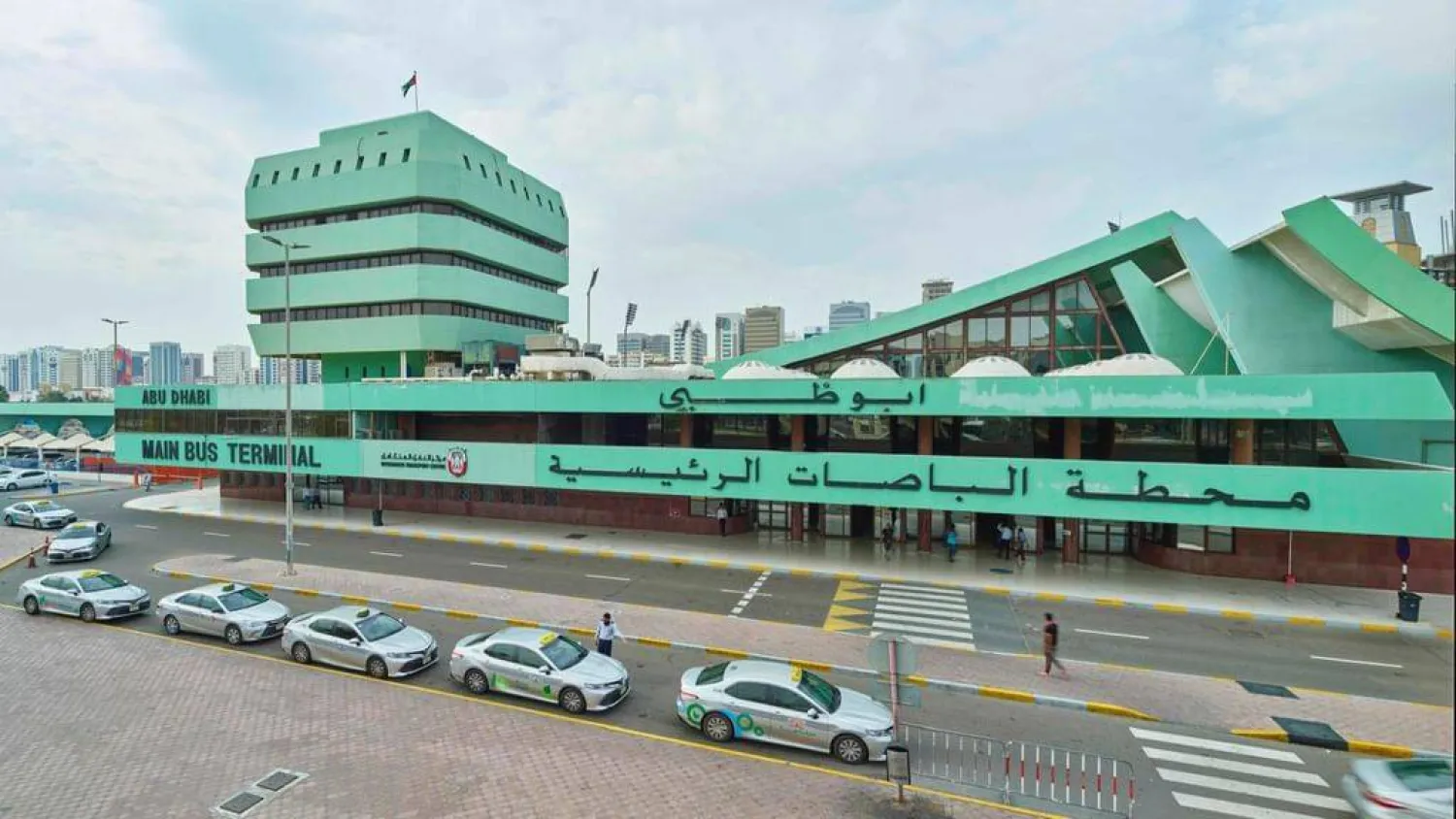The inaugural Public Art Abu Dhabi Biennial will commence on November 15, featuring over 70 UAE-based and international artists who will present site-specific installations and performances in Abu Dhabi and Al Ain, themed ‘Public Matter,’ Emirates News Agency (WAM) reported.
Organized by the Department of Culture and Tourism – Abu Dhabi (DCT Abu Dhabi) as a key pillar of its Public Art Abu Dhabi initiative, artists will include Allora & Calzadilla, Arquitectura Expandida, Christopher Joshua Benton, Farah Al Qasimi, guBuyoBand, Hashel Al Lamki, Kabir Mohanty, Khalil Rabah, Oscar Murillo, Radhika Khimji, Sammy Baloji, Tarik Kiswanson, Wael Al Awar, Zeinab Alhashemi and more, WAM said.
The first Public Art Abu Dhabi Biennial focuses on redefining the concept of "public" within the unique context of Abu Dhabi, considering factors such as environmental conditions, communal living, and city planning. It highlights the influence of a diverse, immigrant population on the city's public life and emphasizes values like hospitality and generosity.
The Biennial aims to explore the cultural experiences of various transitory communities and their integration into public spaces. By showcasing site-specific artworks and performances in accessible downtown locations, it underscores the significance of public art as a communal resource.
"We are launching the Public Art Abu Dhabi Biennial as part of our wider cultural vision, providing a unique platform for our community to both appreciate our cultural heritage and be inspired by contemporary art. It also reflects our commitment to supporting creatives in Abu Dhabi, the global south and the rest of the world through flagship art programs,” said DCT Abu Dhabi Chairman Mohamed Khalifa Al Mubarak.
“Taking over key sites in Abu Dhabi City and Al Ain, the Biennial will further position the emirate as a center for culture and creativity, and ensure transformative, inclusive and accessible art encounters are available to both our residents and visitors.”









